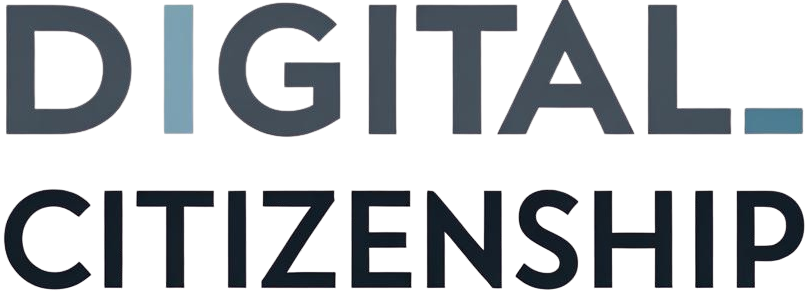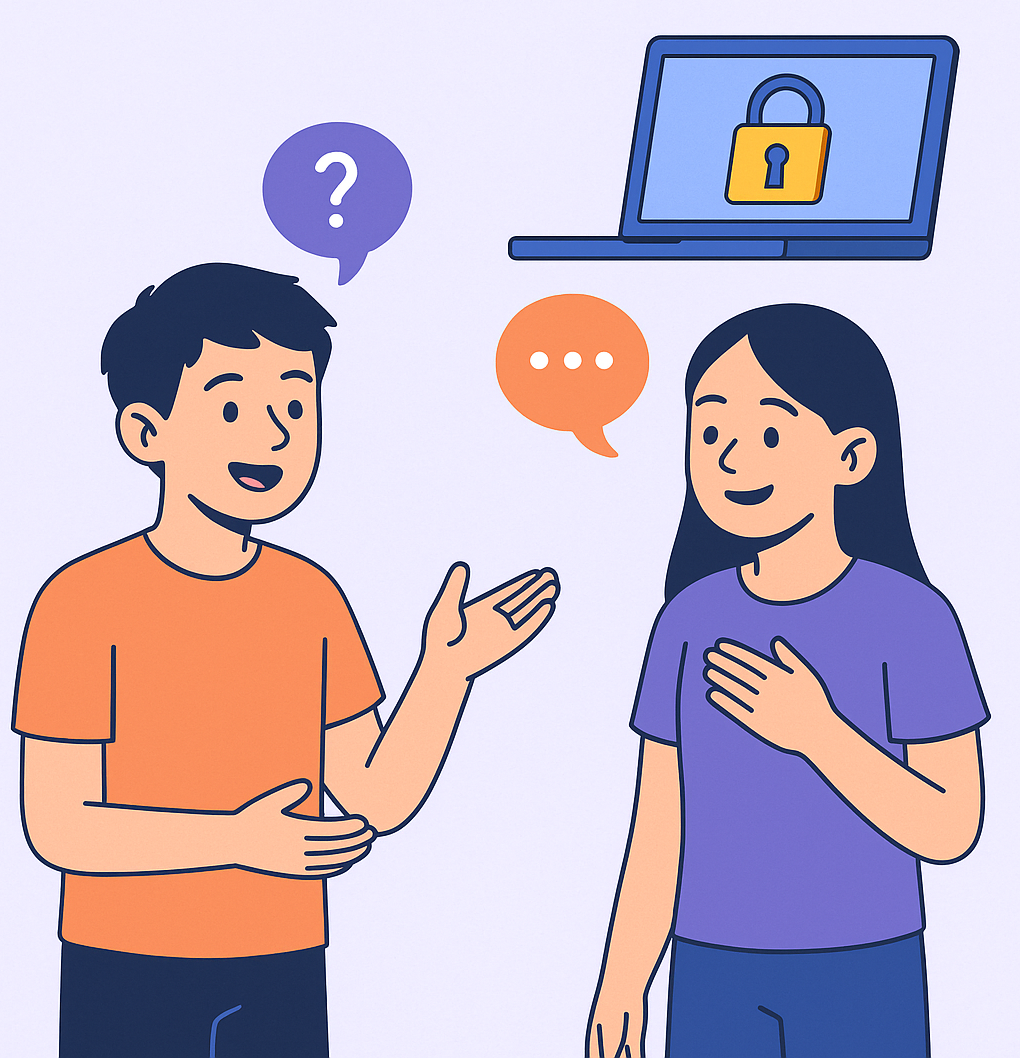As social media continues to dominate our lives, it is important to understand the potential dangers associated with its excessive use. With the help of a psychologist, we explore the top reasons why social media can be harmful to our mental and emotional well-being.
1. Social Comparison
Social media platforms often create an environment where individuals feel compelled to compare themselves to others. This constant comparison can lead to feelings of inadequacy, low self-esteem, and even depression. It is important to remember that people typically present the highlight reel of their lives on social media, which can create an unrealistic perception of reality.
2. Cyberbullying
Social media provides a platform for cyberbullying, which can have severe consequences for the victims. The anonymity and distance that social media offers can embolden individuals to engage in hurtful behavior, causing emotional distress and even leading to long-term psychological effects.
3. Fear of Missing Out (FOMO)
Constantly scrolling through social media feeds can trigger a fear of missing out (FOMO) in individuals. This fear of not being included or experiencing what others are can lead to anxiety and a sense of dissatisfaction with one’s own life.
4. Addiction and Time Wasting
Social media platforms are designed to be addictive, often leading to excessive use and time wasting. This can negatively impact productivity, relationships, and overall mental well-being. It is important to be mindful of the time spent on social media and establish healthy boundaries.
5. Privacy Concerns
Sharing personal information on social media platforms can put individuals at risk of privacy breaches and identity theft. It is crucial to be cautious about the information shared and to regularly review privacy settings to ensure maximum protection.
In conclusion, while social media has its benefits, it is important to be aware of the potential dangers it can pose to our mental and emotional health. By understanding these risks and implementing healthy habits, we can navigate the digital world more safely and protect our well-being.






